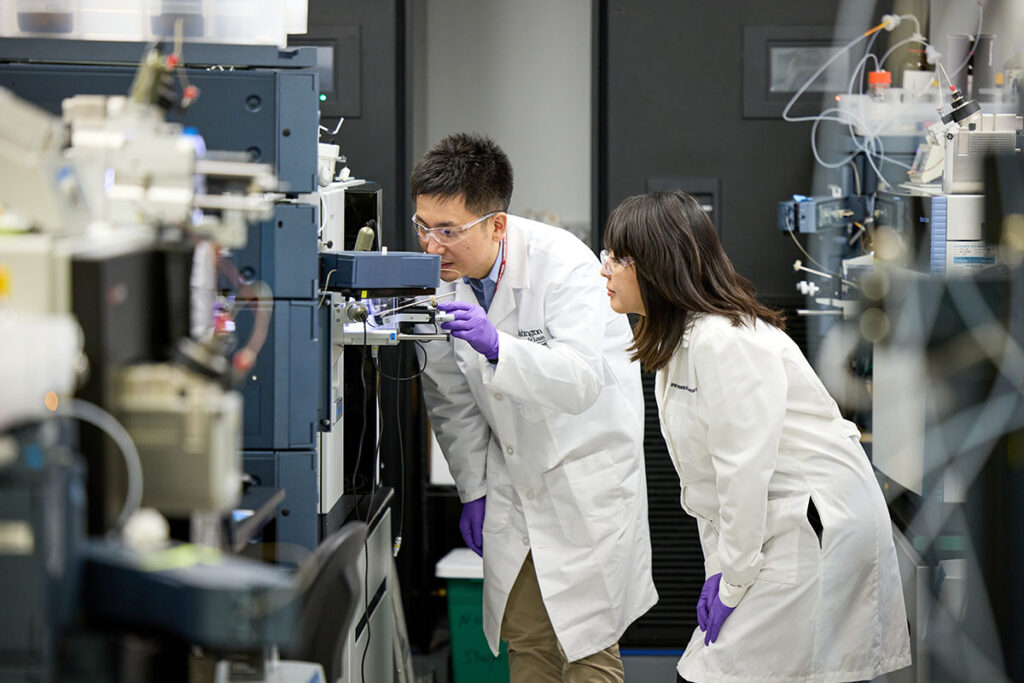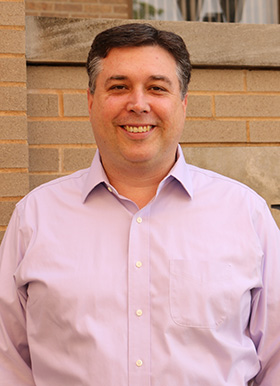
WashU Medicine’s comprehensive strengths
WashU Medicine is among the world’s largest academic medical centers, with extensive research expertise across every area of biomedicine and from basic science through clinical and translational research.
Highlights
- WashU Medicine currently ranks No. 2 nationwide in NIH funding.
- The Institute for Clinical and Translational Sciences, administered by Washington University, is a research consortium focused on accelerating clinical and translational research among several regional institutions.
- The BJC Investigators Program is attracting to WashU Medicine some of the most innovative and accomplished basic life scientists in their fields.
- WashU Medicine, BJC HealthCare and the company CuriMeta are partnering to employ real-world patient data sets to inform clinical innovation, with neurodegenerative disease as a major focus.

I think WashU is unparalleled in its collaborative spirit — not just in neurology and neuroscience, but across the university. There’s broad expertise in almost anything that you would be interested in, and I’ve always received a positive response when I reach out to a colleague for help.
Brendan Lucey, MD
Professor of Neurology
Immense neuroscience community
WashU Medicine is home to one of the world’s largest neuroscience communities, with roughly 170 faculty in the Department of Neurology alone. Faculty and trainees have access to deep expertise from world-renowned faculty across neurology and all related specialties, including neurosurgery, neuroscience, radiology, psychiatry, genetics, genomics and anesthesiology. Given this breadth and depth, trainees have nearly unlimited options for research, and faculty can easily assemble a cadre of effective collaborators.
Multidisciplinary collaboration
Multidisciplinary collaboration is deeply embedded in our culture. In our noncompetitive environment, faculty and trainees seamlessly work across disciplines for maximal success.
Neuroscience at WashU Medicine
Across disciplines and departments, we’re leading advances in discovery, education and care.